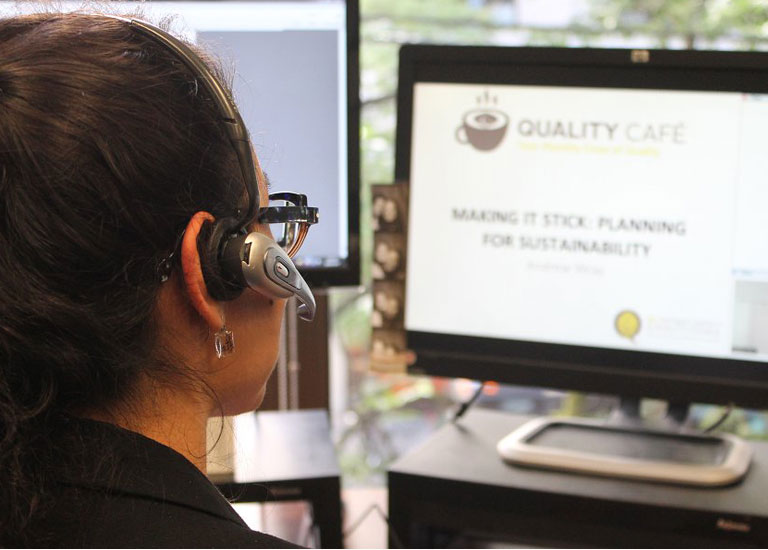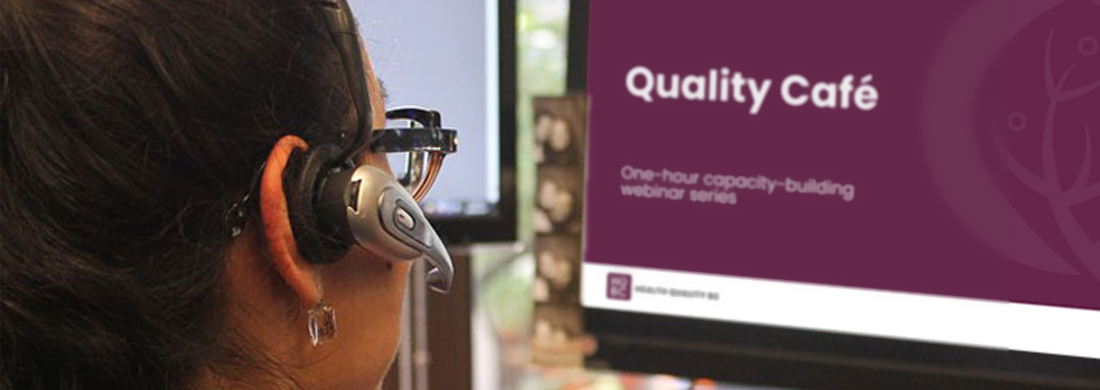Quality Café: Polarity Mapping: Identifying and Managing Unsolvable Problems
Online (Zoom)A fundamental question to ask when encountering a difficulty is: “Is this a problem we can ‘solve,’ or is it an ongoing polarity we must manage well? The Polarity Management Model challenges us to consider whether some of our seemingly unsolvable problems are actually "polarities," which can not be solved, but may be effectively managed. Some examples include: individual and teamwork, structure and flexibility. Join us to learn about using a Polarity Map, a useful tool to help you effectively manage those polarities most important to your organization’s success.



